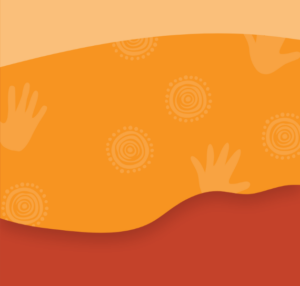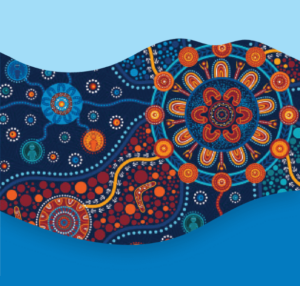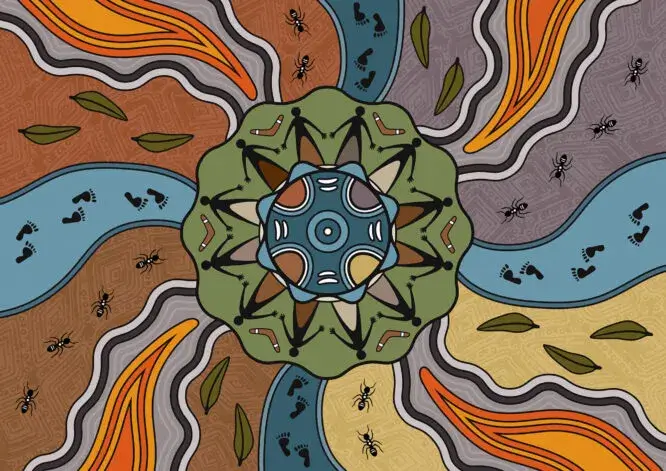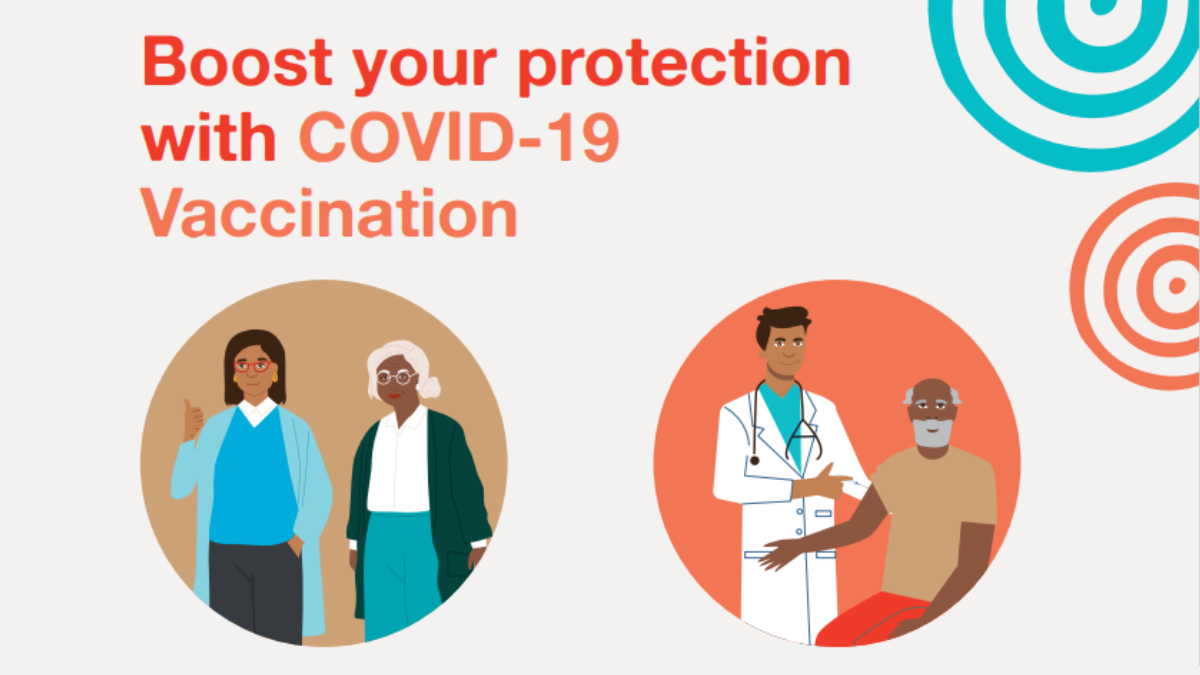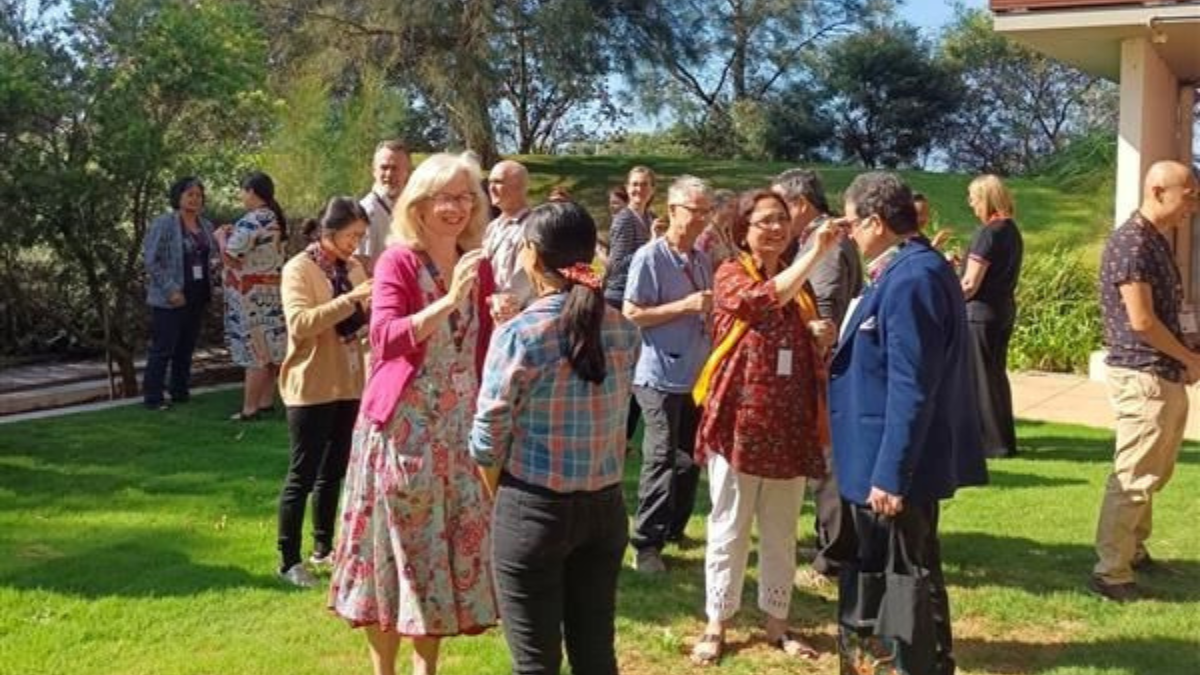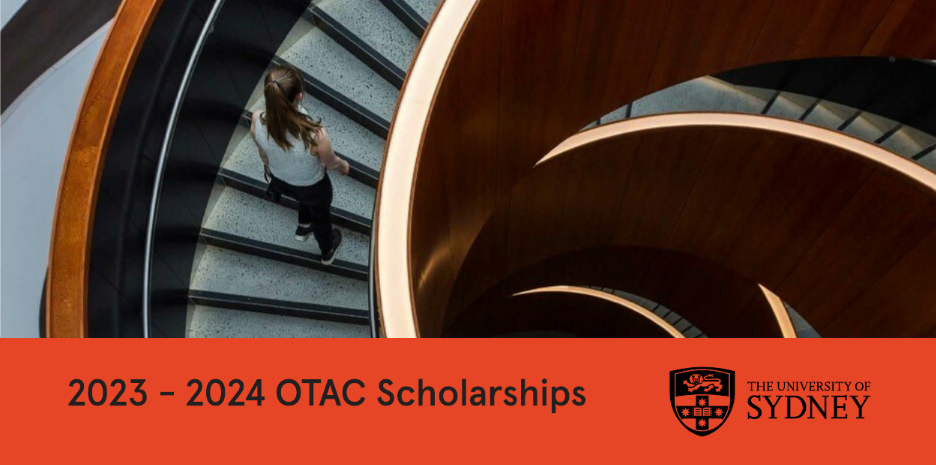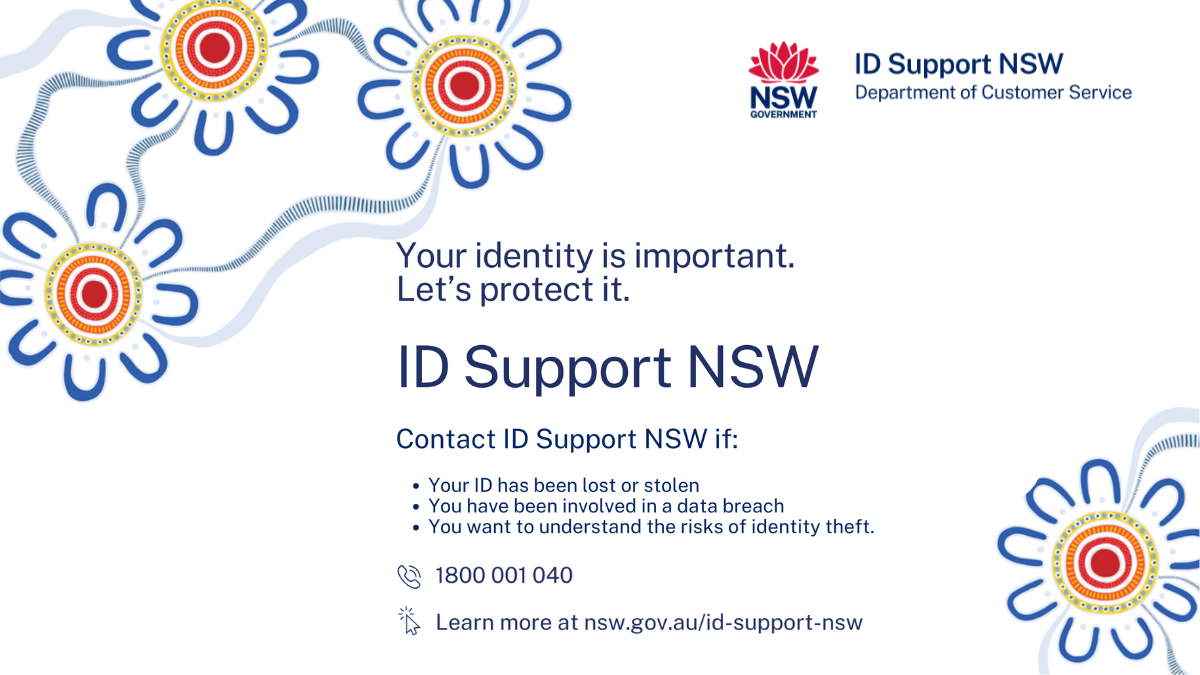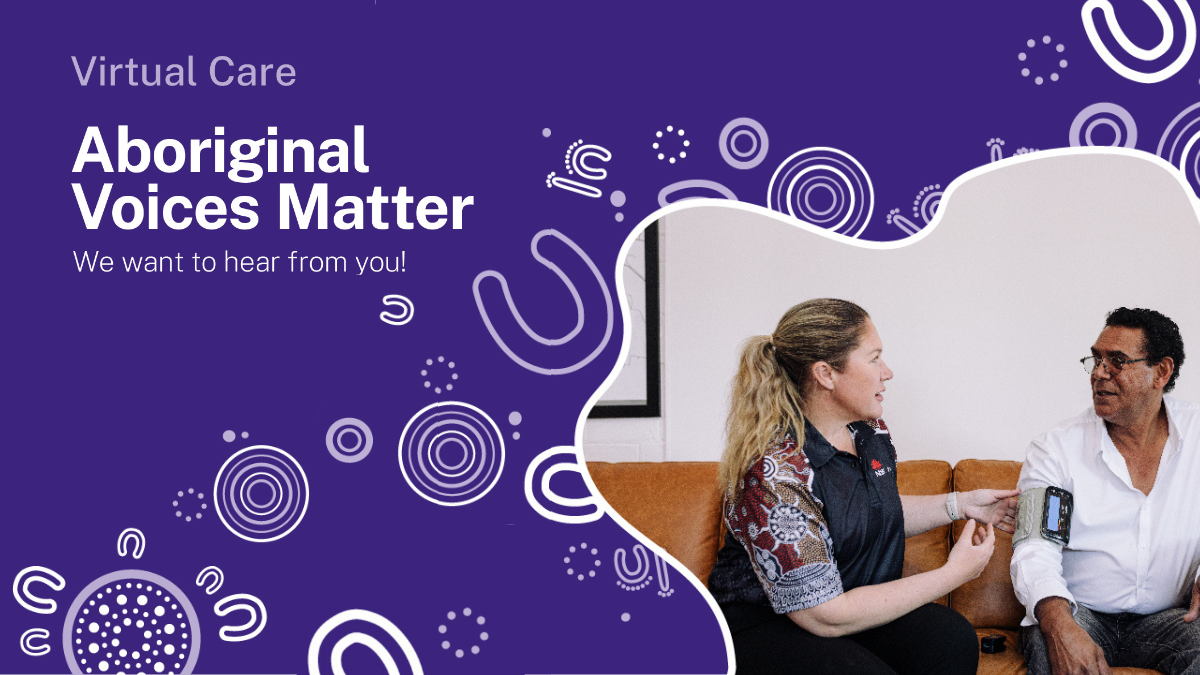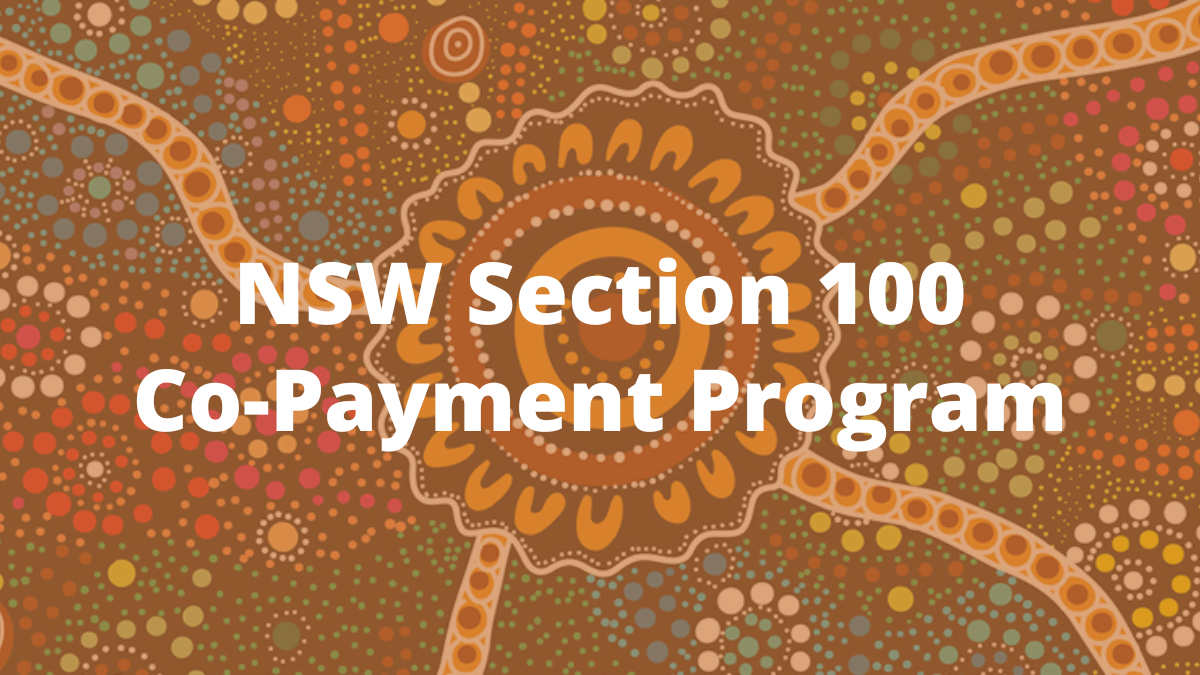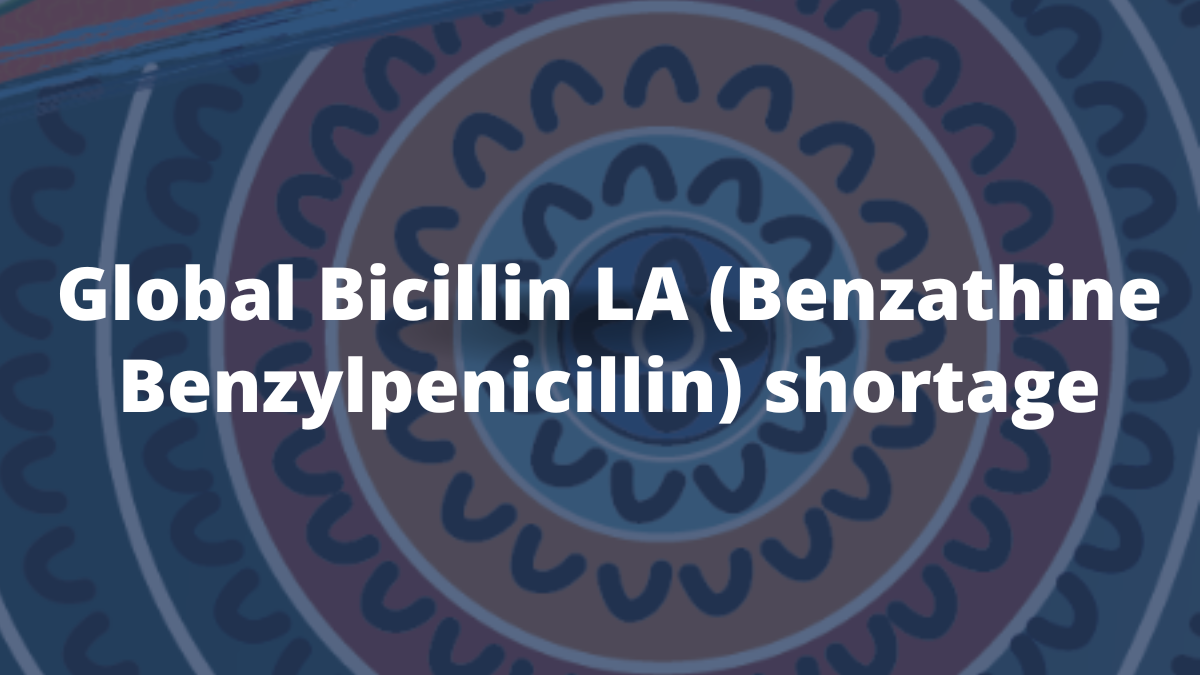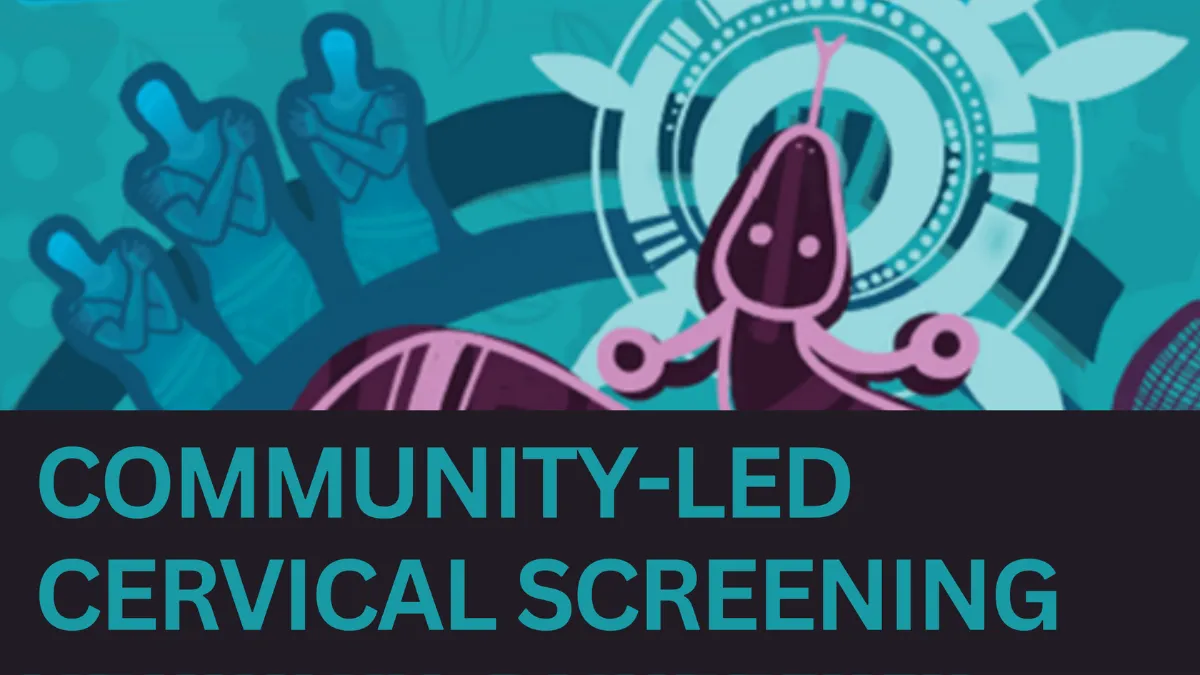The 2023 AH&MRC Deadly Doctors Forum was held on Bidjigal and Gadigal country at the AH&MRC training campus in Little Bay on 11th and 12th of November. This year we provided an expanded program over two-days to allow greater opportunity for doctors working in Aboriginal Community Controlled Health Services (ACCHS) in NSW to connect with peers and receive cultural and clinical education.
There was representation of General Practitioners working at Awabakal, Armajun, Bullinah, Redfern, Biripi, Bulgar Ngaru, Galambila, Illawarra, Katoomba, Katungal, Orange, Riverina, Tamworth, Walhallow, Waminda and Coonamble ACCHSs.
Our Master of Ceremonies for the forum was Keira Edwards, Lead of Cultural Education at AH&MRC. Aunty Lola Ryan welcomed delegates to country before they had the privilege of participating in the Ochre ceremony led by Susan Moylan-Coombs from the Gaimaragal Group. Susan gave a presentation looking at health through the lens of Indigenous knowledge and was joined by Kiera for a Q&A session to support the GPs’ ongoing journey of cultural learning to help guide them in providing culturally safe care for Aboriginal people.
On 28th November 2023 legislation comes into effect legalising Voluntary Assisted Dying (VAD) and Ministry of Health representatives from the NSW Statewide VAD Access Service Sophie Tyner and Dr Christof Slawomirski, presented details of how VAD is being implemented in NSW. The presentation prompted many thoughtful questions from participants and responses were provided not only by the presenters, but also by Dr Kerry Chant who was in the audience and joined in the discussion.
Dr Kerry Chant, the NSW Chief Health Officer’s early arrival to provide a session on Immunisation updates was a highlight of day one. It was a privilege to have her spend time at the forum beyond her own immunisation presentation, providing doctors with the opportunity to hear her responses to questions on VAD Implementation and to listen to feedback and discuss issues for doctors working in the sector.
Holistic Assessment of Developmental and Behavioural disorders in Aboriginal Children/Young People was presented by A/Prof Shanti Raman with Dr. Yvonne Teoh. The case presentation by Dr Teoh, interwoven with A/Prof Raman’s expert insight provided GP’s with valuable ways to approach common but challenging family and children’s presentations.
Cardiologists A/Prof Rachael Cordina and A/Prof Raj Puranick who both provide services at AMS Redfern and Royal Prince Alfred Hospital covered a broad range of cardiovascular topics. Pulmonary Hypertension, Heart Failure management, the new CVD risk calculator, cardiovascular impacts of COVID 19 and Rheumatic Heart Disease were all discussed.
Day two shifted gear from cultural and clinical education to focus on peer connectedness, working together and self-care. Dr Kathryn Hutt from Doctors’ Health NSW helped GPs recognise their own values and how these values can align with their work; the doctors spent time listening to, and connecting with peers and were given advice on developing a personal emergency plan.
Dr Marion Tait from Bulgarr Ngaru Medical Aboriginal Corporation presented “The way to better AMS service delivery” which told the story of a regional systems approach to CQI and education which had been successful in engaging GP’s in the Northern region to collaboratively reflect on performance and implement changes to improve patient care.
Finally, the Public Health team facilitated a session to ask the doctors their views on what could improve the health outcomes of Aboriginal people, what barriers they face in providing evidence based healthcare, solutions to these barriers and what they feel is needed to ensure their continued commitment to working in the sector. The advice from the doctors will be collated and fed back to inform member services of potential initiatives which could attract and retain GP’s.
This two-day forum received overwhelming support and positive feedback from the attendees and we are grateful to all who contributed. We hope to make this a yearly event in addition to other potential initiatives focused on supporting the workforce of GP’s committed to working in the ACCHO sector.


